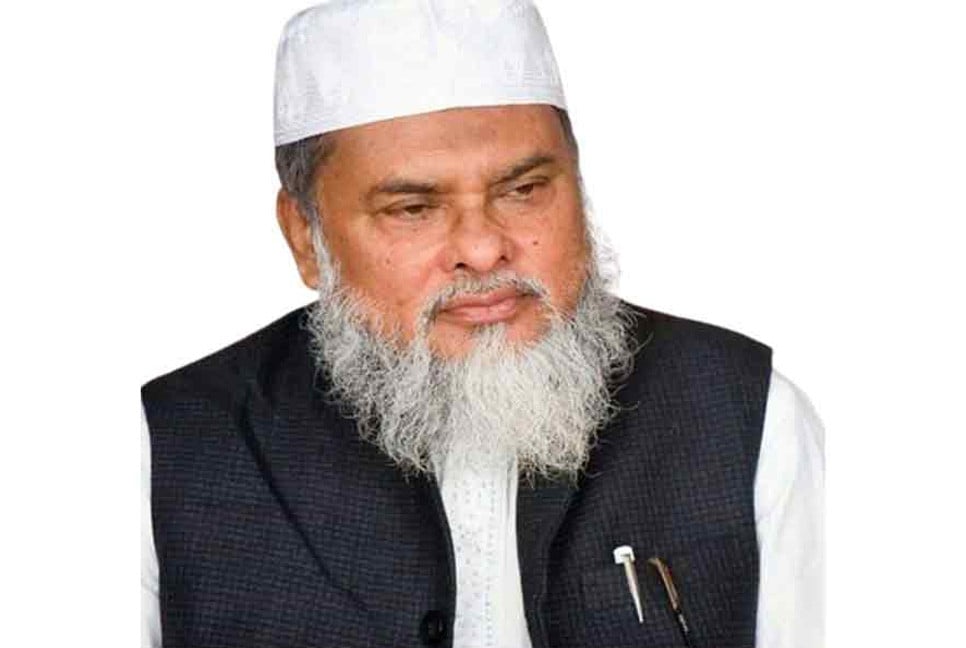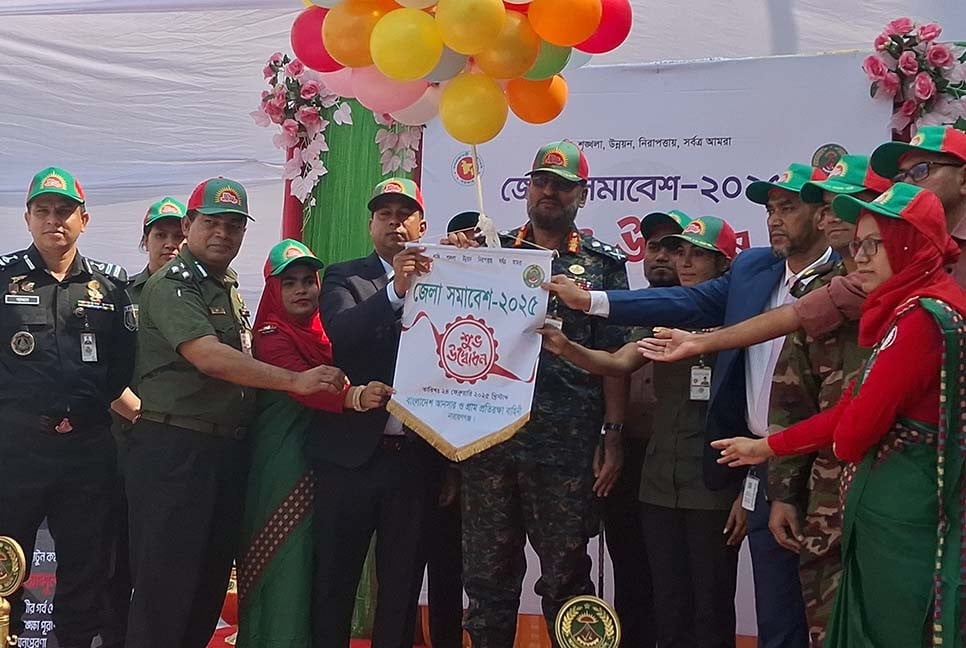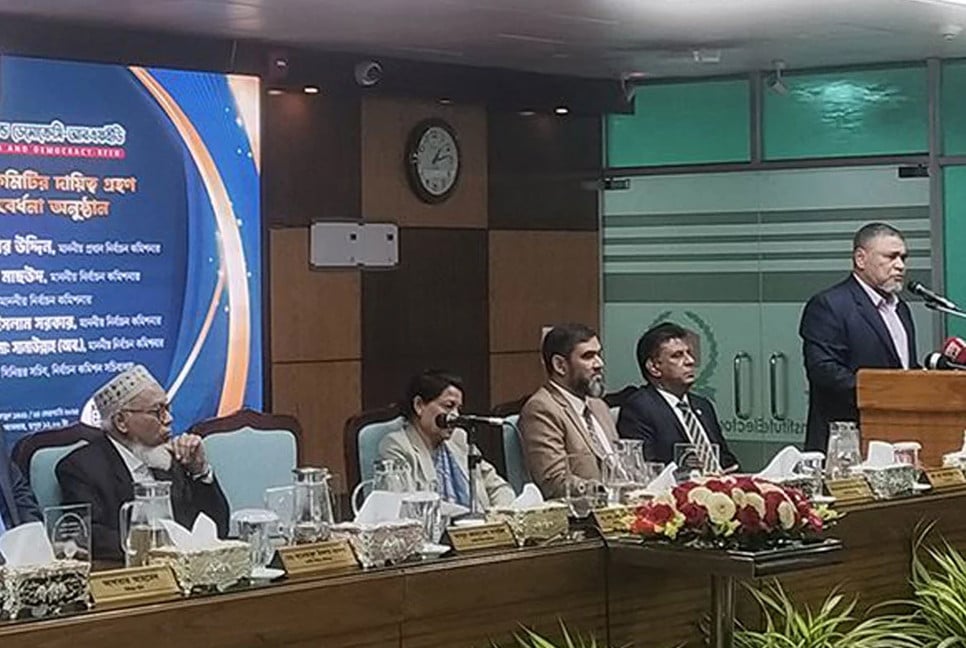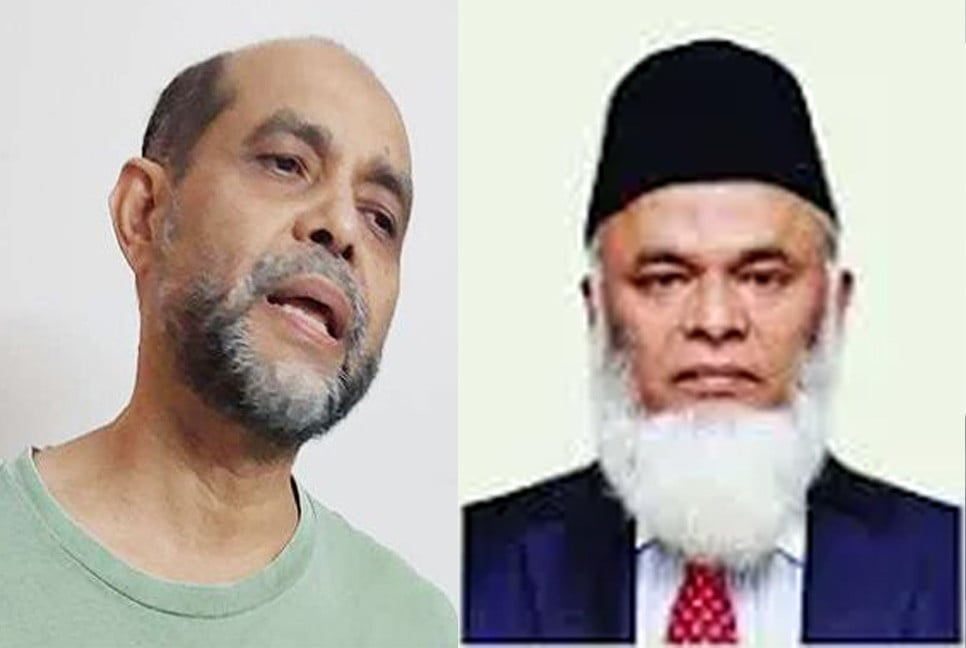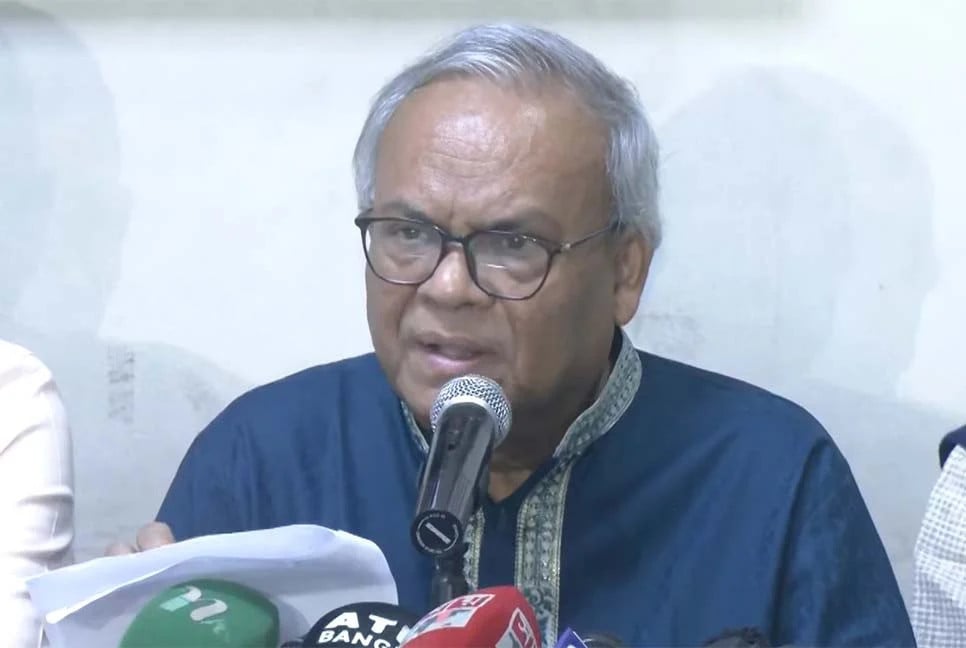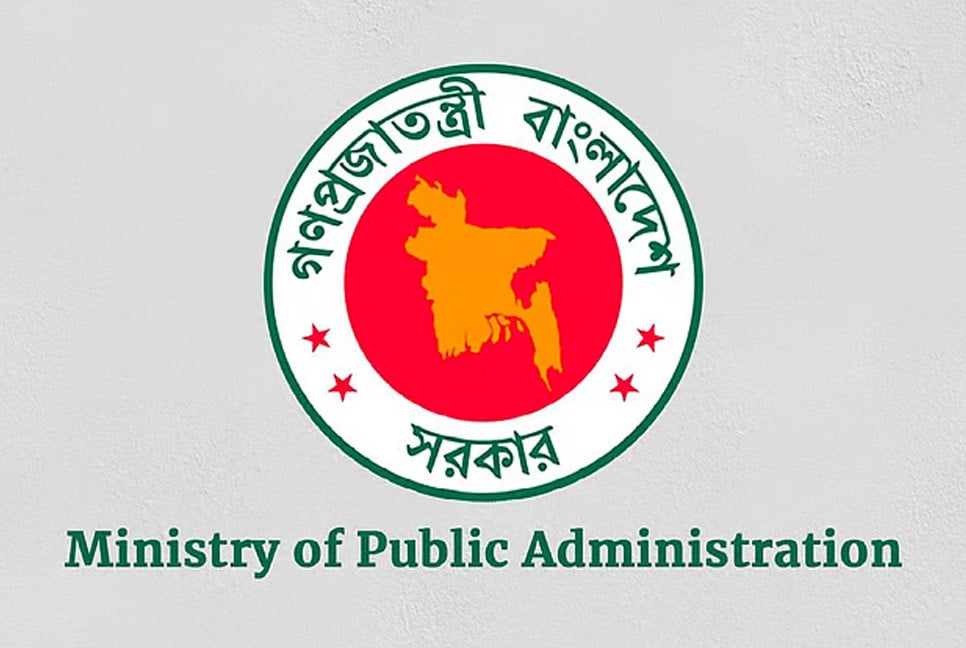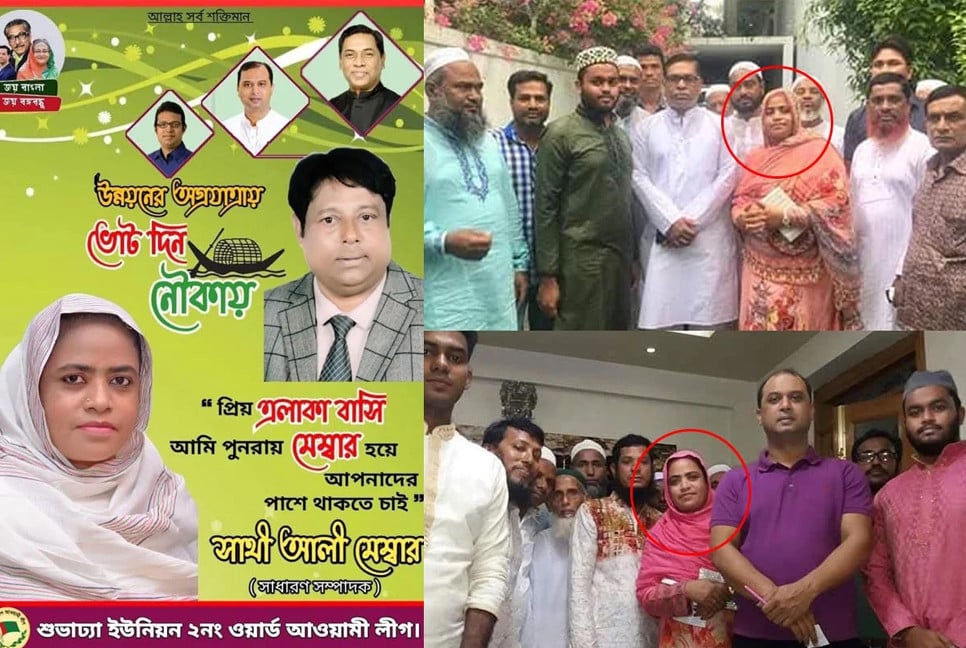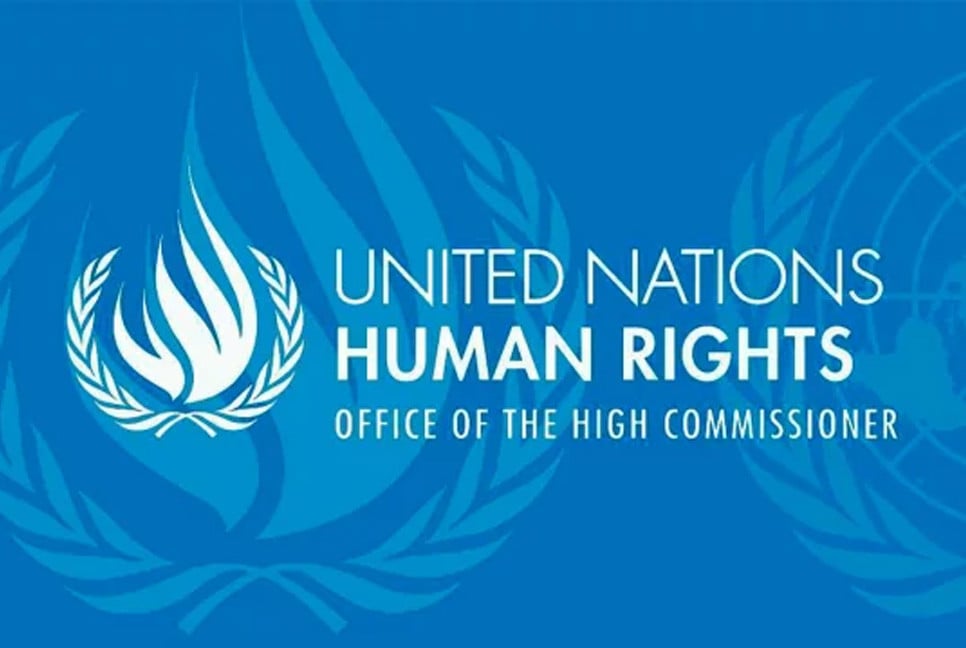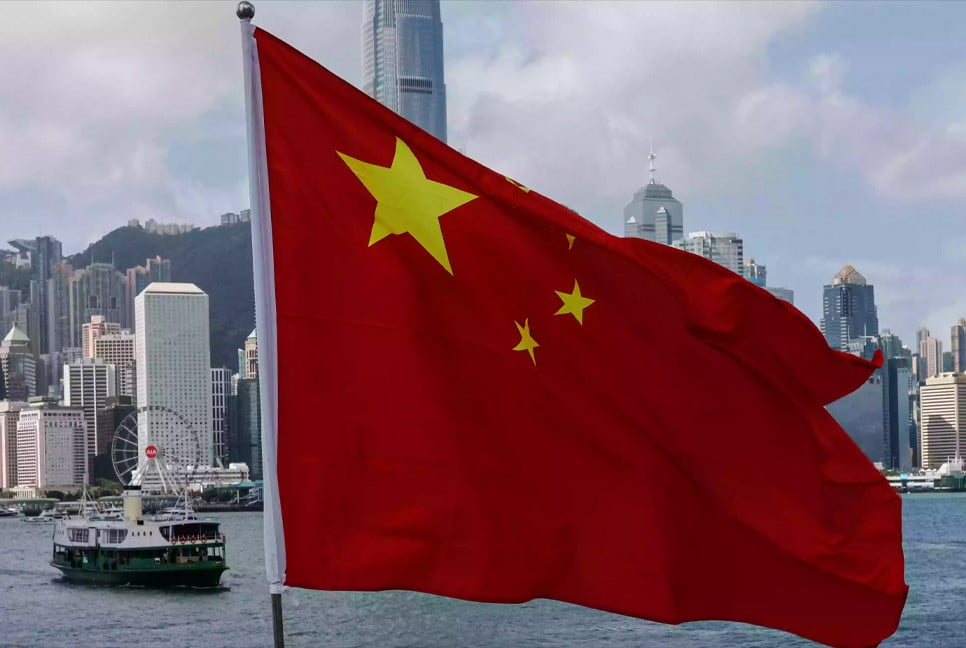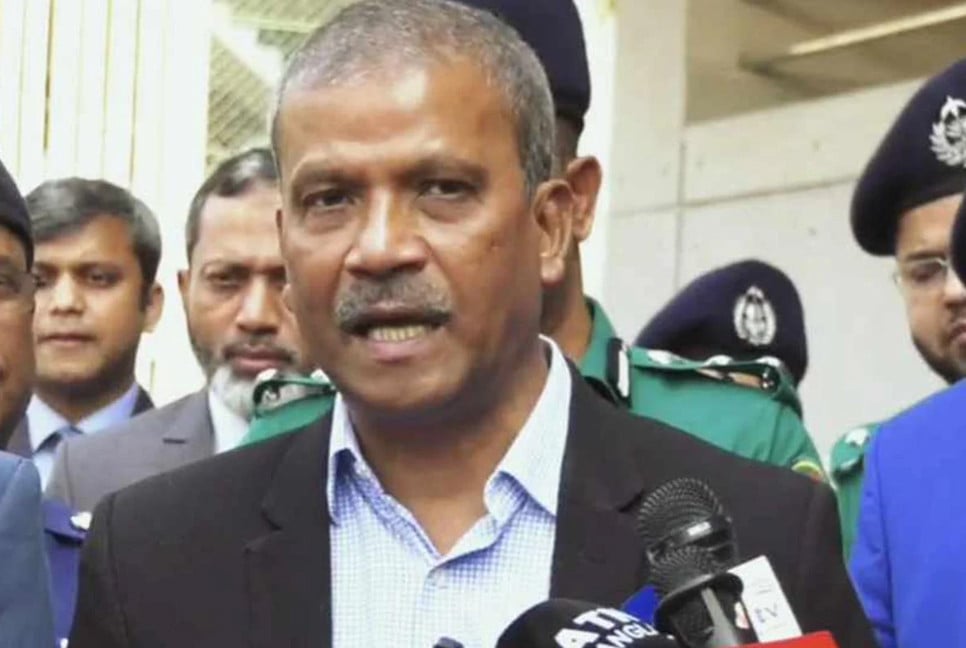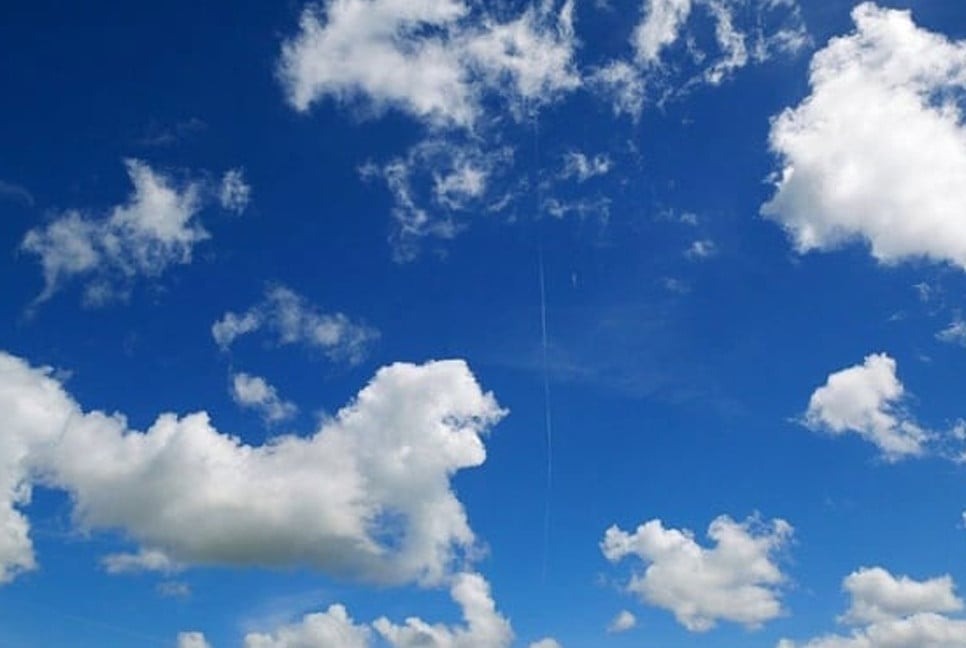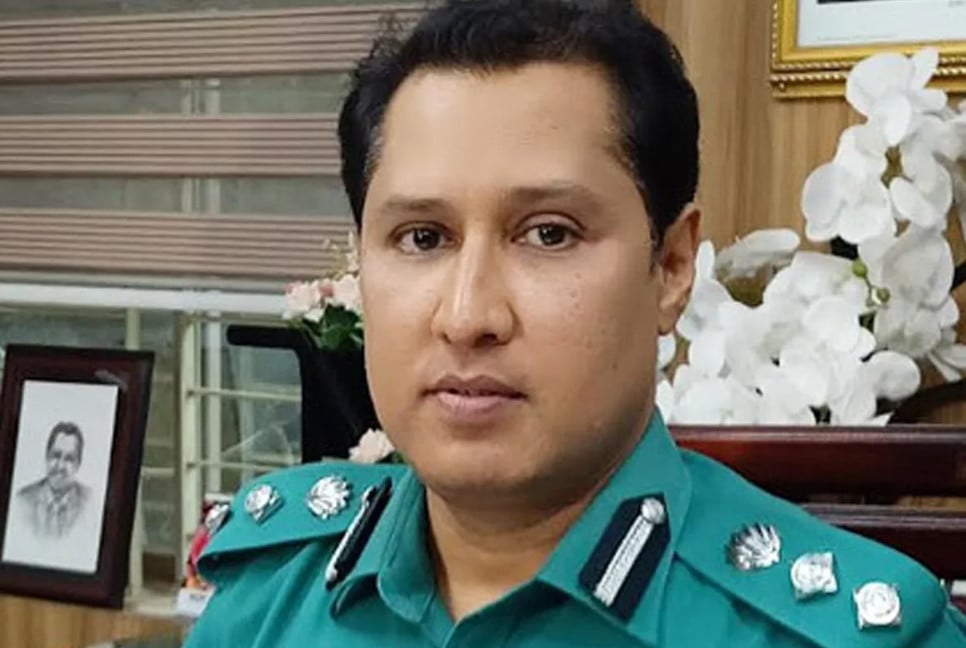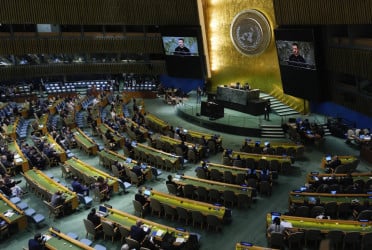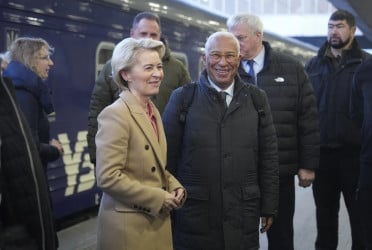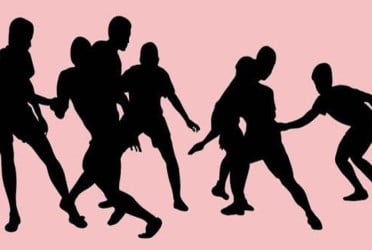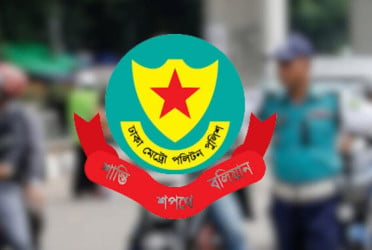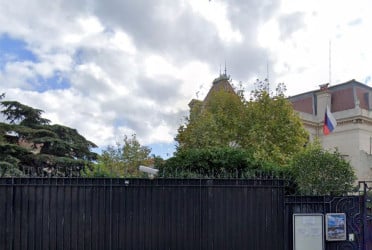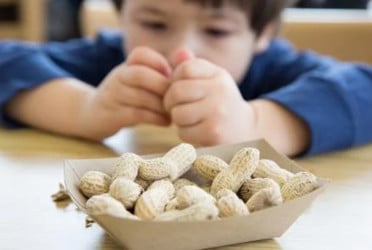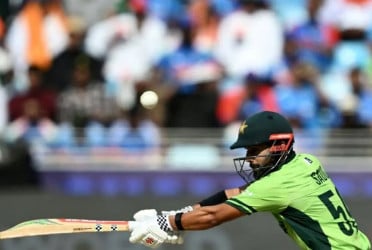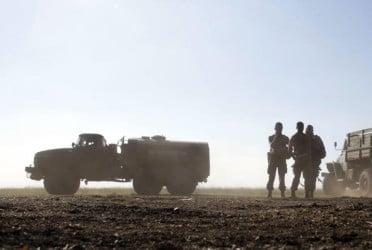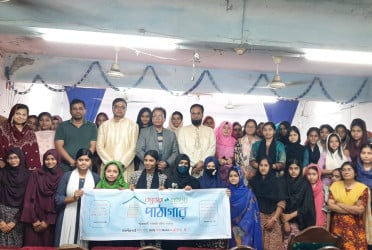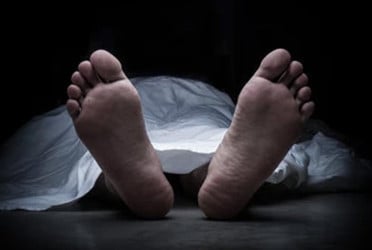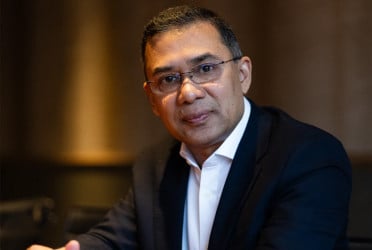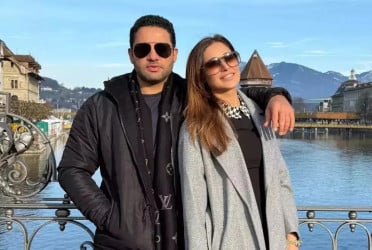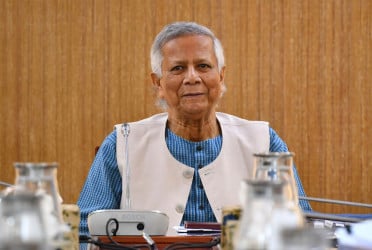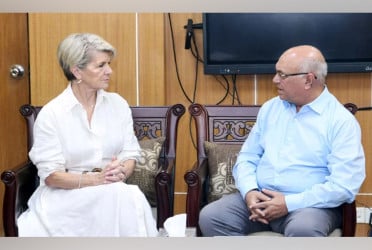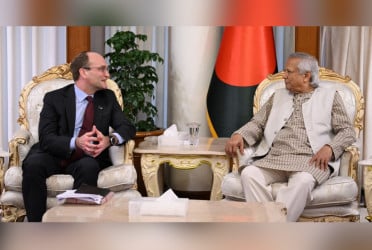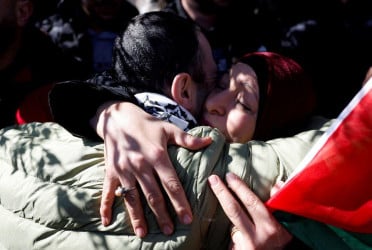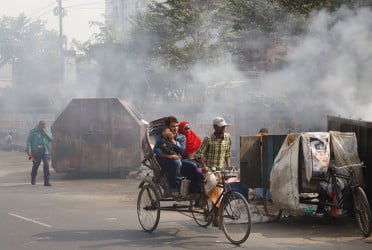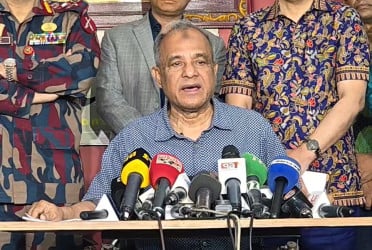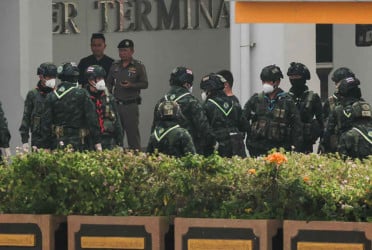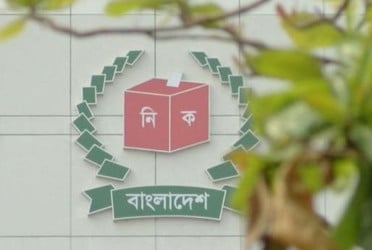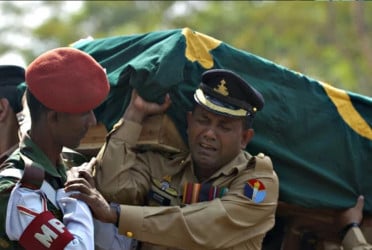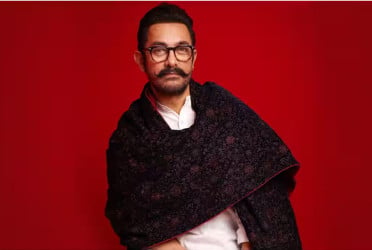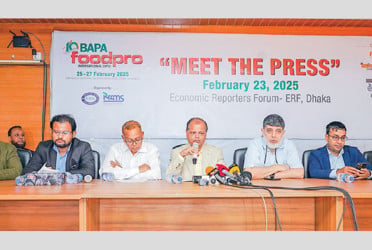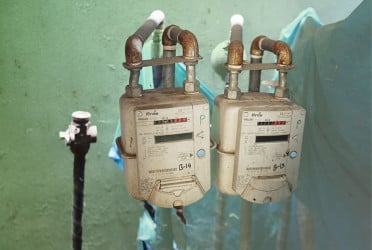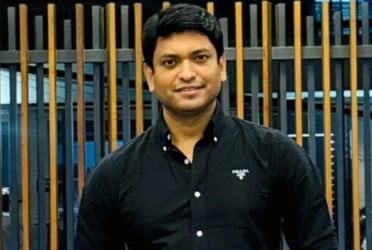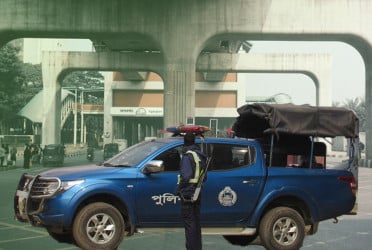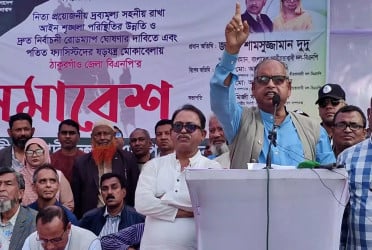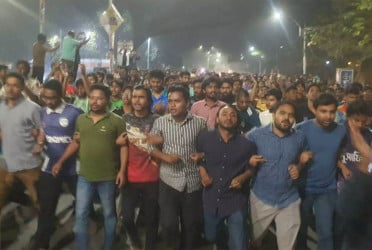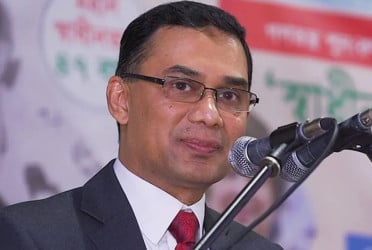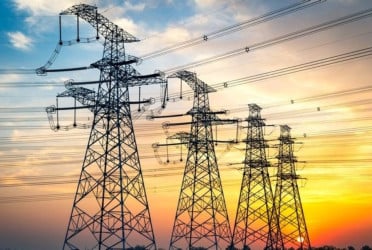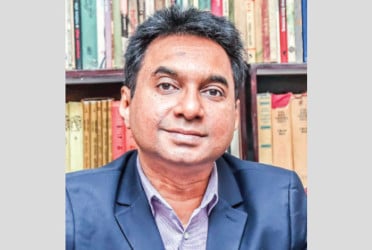The 76th birthday of Prime Minister Sheikh Hasina will be celebrated across the country tomorrow (Wednesday).
Sheikh Hasina, the eldest among the five children of Father of the Nation Bangabandhu Sheikh Mujibur Rahman and Bangamata Sheikh Fazilatunnesa Mujib, was born at Tungipara in Gopalganj on September 28 in 1947, reports BSS.
Like the previous years, Awami League (AL) and its affiliated and like-minded bodies will celebrate the day through various programmes highlighting the life and achievements of Sheikh Hasina, who is driving the nation towards prosperity following the footstep of her father.
On the occasion, discussions, milad and doa mahfils and special prayers will be organised in the capital and across the country.
Sheikh Hasina spent much of her childhood in the small hamlet where she was born. She started her schooling there. When Bangabandhu was elected a legislator, his family moved to Dhaka in 1954.
She was admitted to what is now Sher-e-Bangla Girls' School and College and later to Azimpur Girls' High School from where she completed her secondary education in 1965. She was then admitted to Badrunnessa Government Girls' College.
During her bachelor course, she was elected as the vice-president of the students' union of Eden Girls' College (Badrunnessa and Eden Girls' College were a single entity during the period).
Later, she enrolled in her master's programme in Bangla at Dhaka University.
As a student leader, Sheikh Hasina actively participated in the historic six-point movement of 1966 and the student movement of 1969 which saw the abdication of General Ayub Khan.
In 1968, with the blessings of her imprisoned father, Sheikh Hasina, who is leading the country as the Prime Minister for the third consecutive term, married nuclear scientist Dr MA Wazed Miah.
During the Liberation War, Sheikh Hasina and her family were interned in a house in Dhaka. On July 27 in 1971, her first child Sajeeb Wazed Joy was born. Her second child Saima Wazed Hossain was born on December 9, 1972.
After the assassination of her parents in 1975, Sheikh Hasina and her family were offered political asylum in India, where she stayed till 1981 when she was elected as the president of the Awami League in her absence.
Sheikh Hasina returned home on May 17, 1981, when she was greeted by a mammoth crowd that extended from the Airport to Farm Gate and Manik Miah Avenue and she addressed a public rally.
In the 1986 parliamentary election, Sheikh Hasina was elected as a parliament member from three different constituencies. After the overthrow of autocracy in 1990, she was elected as the Leader of the Opposition in the House.
In the 1996 general elections, 21 years after her father's assassination, Sheikh Hasina led the Awami League and helped the party assume power and became the Prime Minister for the first time.
On August 21, 2004, Sheikh Hasina, the then opposition leader, barely escaped an assassination attempt as grenades were lobbed at an AL rally on Bangabandhu Avenue in the capital.
Although she survived the attack, at least 24 people were killed and over 500 others injured. Most of them were Awami League leaders and supporters.
In 2008, she led the Grand Alliance to an overwhelming victory acquiring 90 per cent of parliament seats in the general elections. She was elected the Prime Minister on January 5, 2014, for the second time in a row.
Sheikh Hasina assumed the office of the Prime Minister for a third consecutive term with a thumping victory in general elections in December 2018.
In 2018, Sheikh Hasina appeared in the title role in a docudrama "Hasina: A Daughter's Tale", directed by Rezaur Rahman Khan Piplu.
She penned more than 25 books including 'Mujib Amar Pita', 'Living in Tears', 'Sada Kalo', 'Amara Janaganer Kotha Bolte Esechhi'.
Bd-pratidin English/Golam Rosul


